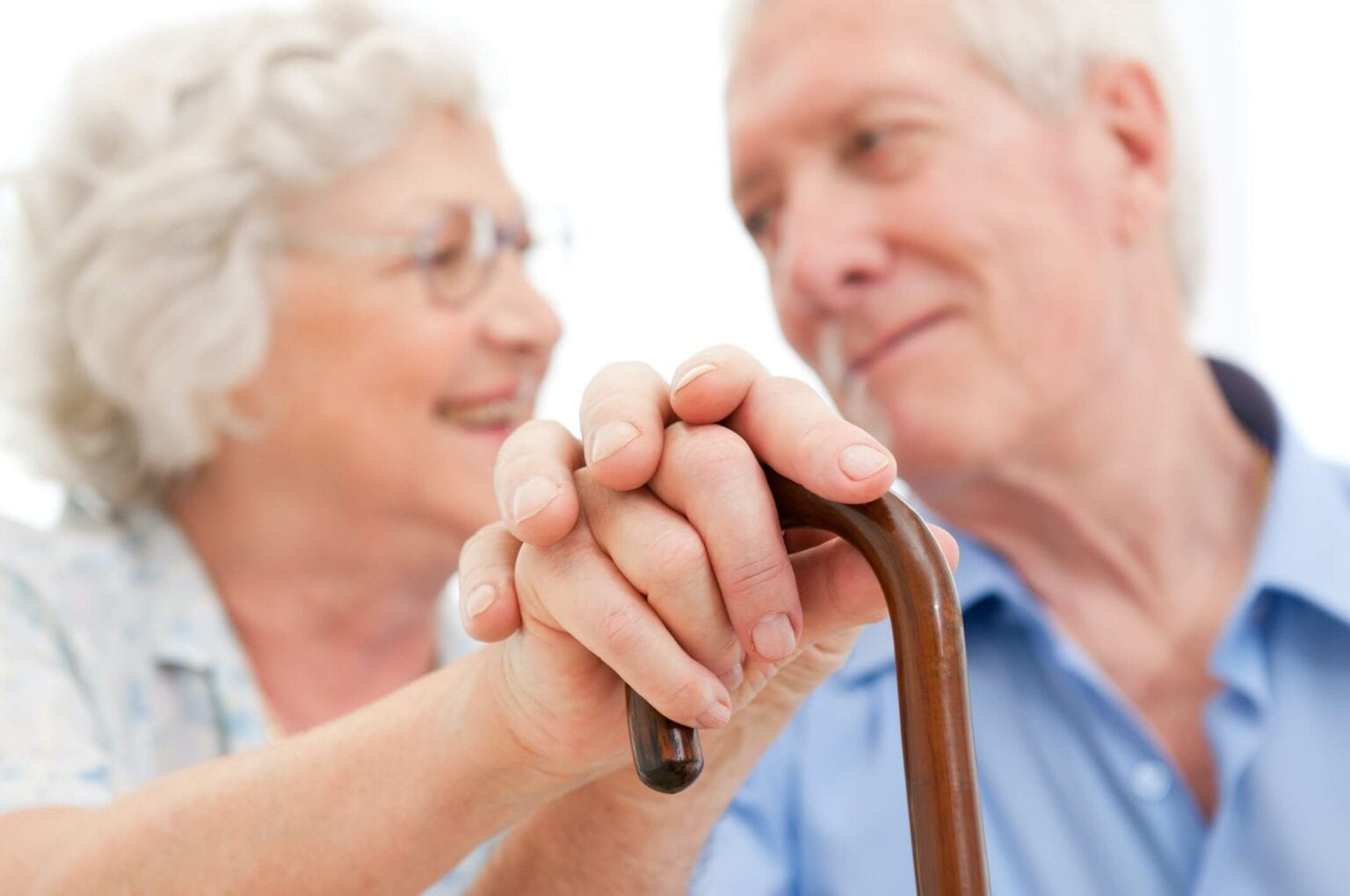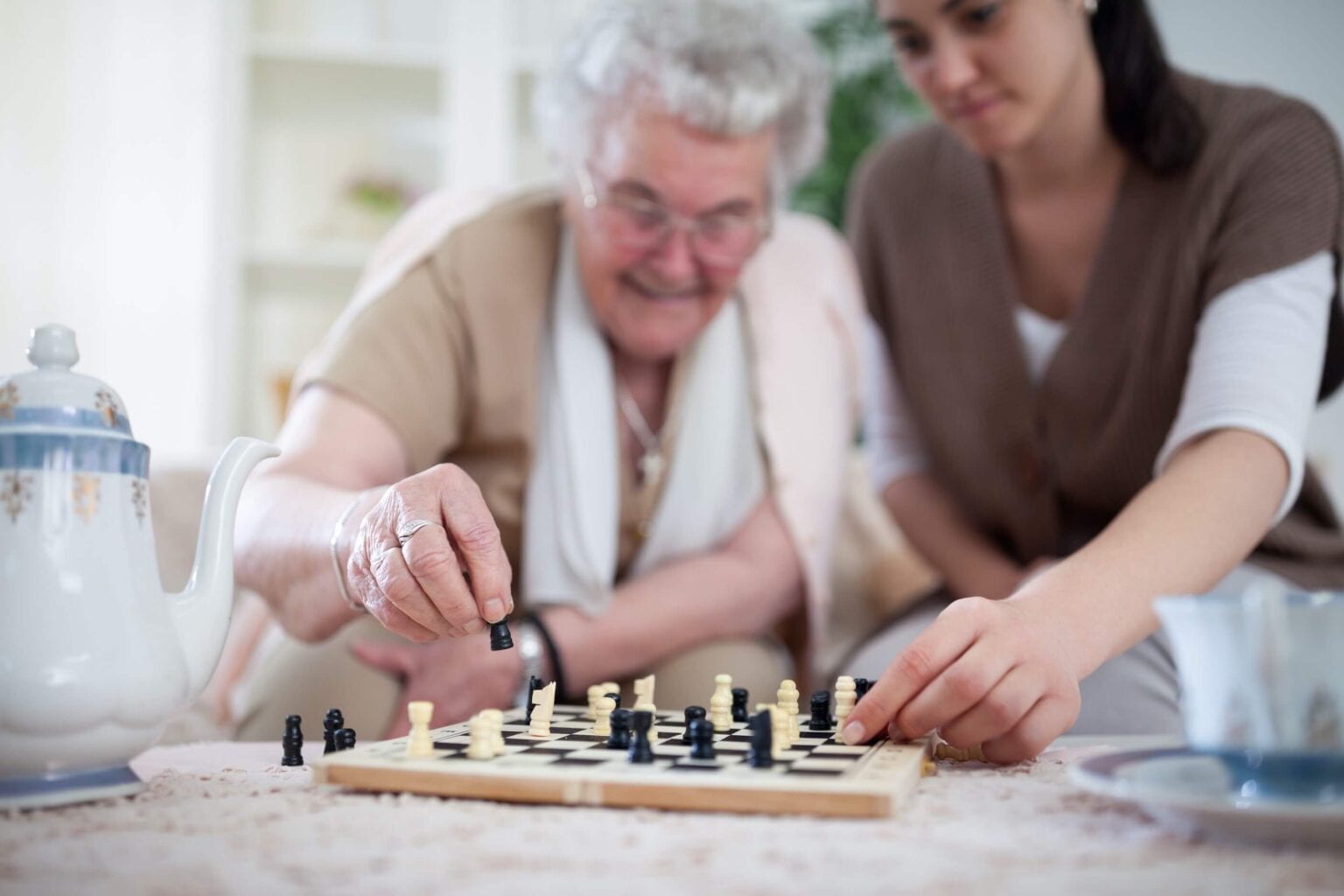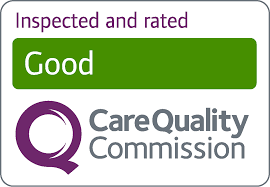Home care for the elderly means that independence can be maintained but with some help so that health and safety are not compromised. One in three older adults are reported to be living at home as opposed to taking up residency in a care home. With this high number and the possible behavioural and short-term memory changes that may be bought on by cognitive decline of an ageing brain. This can then mean there is a greater need to assist with safety as an important step in home care for the elderly.
A behavioural change can lead to a decline on personal care including their home environment. The urge to accumulate things and resist de-cluttering or throwing away their rubbish is not an uncommon behaviour. This can lead to their safety at home becoming a real risk. Family can be of huge assistance but being patient and speaking with compassion are critical when trying to help them regain a safe home. Here are a key safety tip to safety at home to prevent falls, poisoning or structural damage through fire or flooding.
Home safety tips for the elderly
- Keep passages, stairs and floor space in kitchens free of clutter or objects the could result in a fall – free of books, post, loose rugs, mugs etc.
- Check the smoke alarm regularly and change the battery at least once a year. Smoke alarm systems should also be replaced every ten years.
- Avoid the use of candles. If they are used they should be put out properly before leaving the room (a house in the village caught fire in March this year – a lady took her dog for a walk and thought she had put out the candle in her bedroom properly – devastating!) – if their is a power-cut it is better to have torches handy with charged batteries rather than striking a match to light a candle.
- Mop-up spillages on floor surfaces – and that goes for food too! We all know that a banana dropped on the floor can have serious consequences.
- Wear proper fitting shoes – flat to low heel shoes will help to maintain balance and avoid trips or falls.
- Ensure there are sufficient well maintained banisters and well-lit stairways and passages.
- Install grab rails and grab bars in the bathroom.
- Mark “ON” and “OFF” positions on all appliances in the kitchen.
- Invest in a kettle with an automatic shut-off switch.
- Use a medication aid or tablet alert to take the correct dosages as prescribed.
- Keep a list of all emergency numbers in a visible place for easy access if needed.
Home care for the elderly should include a supportive environment that encourages mental activity and social interaction. This along with physical activity are known to help prevent cognitive decline. Safety and home care for the elderly should be balanced and will be based on each individuals unique situation. Planning ahead and speaking to a home care provider is key to helping older adults live longer in their own homes.
Call us today for an informal chat or email us here.
Schedule a free assessment
Get in touch to speak with our care team about your ideal care plan.



